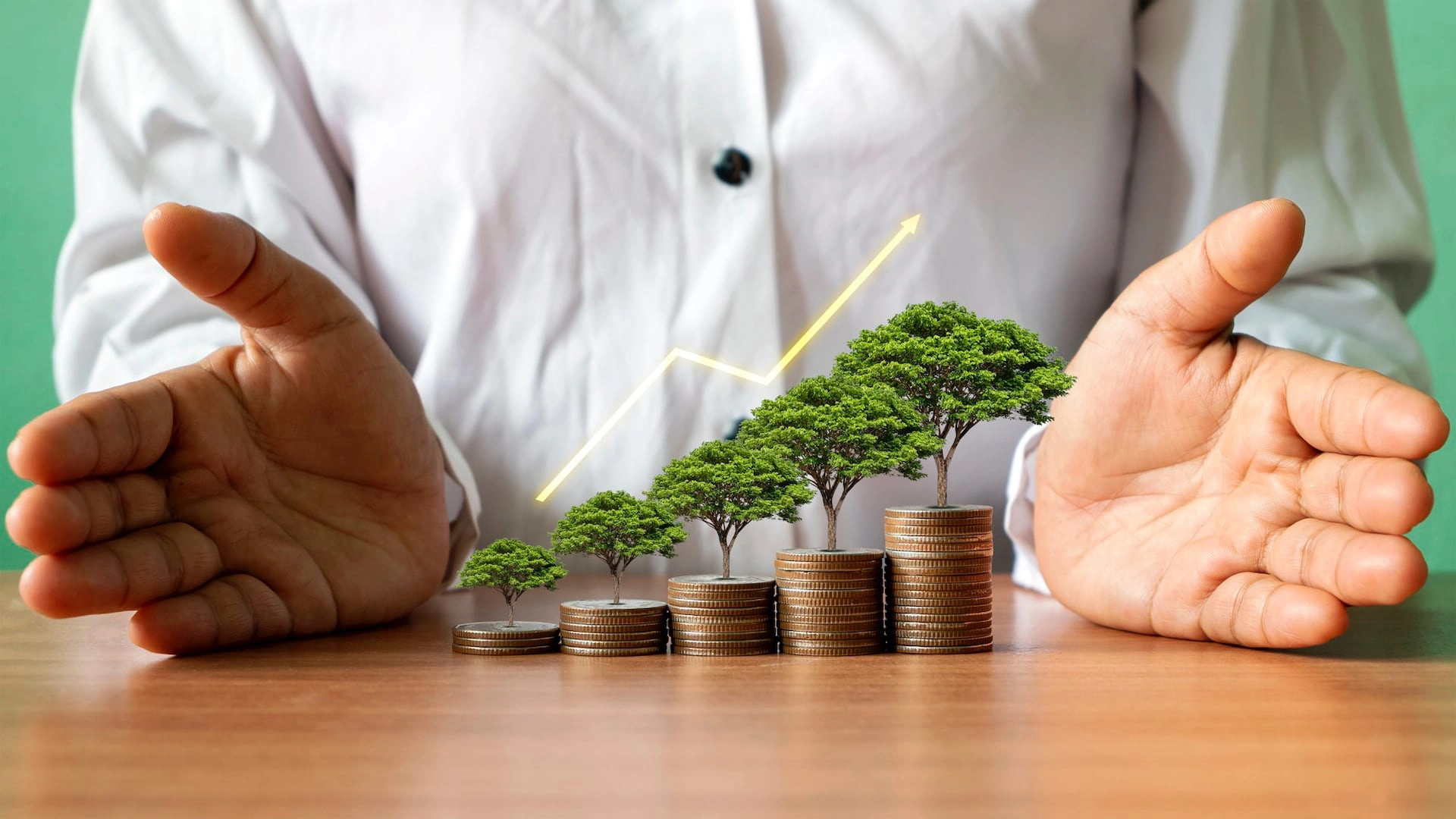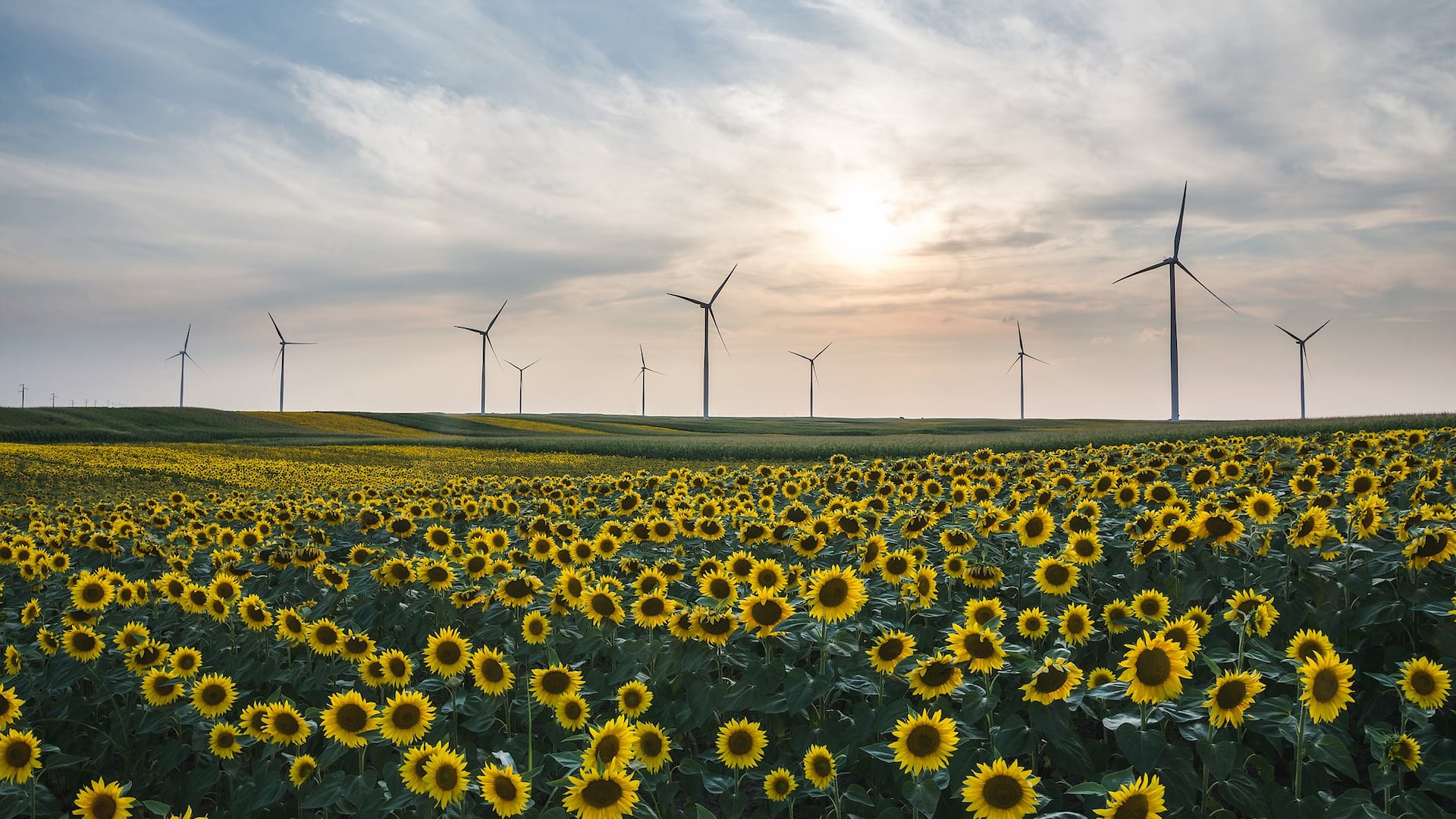
Let’s summarize why is the green economy important.
The industrial revolution brought many innovations and, in a few decades, brought about unprecedented development. This boom had a severe price. Our earth is threatened by a climate catastrophe, for which environmental pollution (especially air and water) is responsible.
We are living in an era of excessive consumption and consumerism, one of the main consequences of which is global warming – and contrary to popular belief, this is no longer a distant threat.
To achieve meaningful change, the more significant economic players
- companies,
- countries,
- and international organizations
must take action, but as we can see, individual contributions can also be an enormous help.
What is a green economy?
Economic players' environmental and sustainable activities are referred to as greening the economy or green economy. What does green economy exactly mean, how does the transition take place, and how can we contribute the most?
The most important thing is to achieve carbon neutrality. Carbon neutrality means that countries have an agreement on reducing their GHG (greenhouse gas) emissions until it reaches zero. The goal is to stabilize the gas concentrations in the atmosphere to prevent dangerous anthropogenic effects on humankind.
Read our related article: Is carbon neutrality achievable?
The Earth is capable of absorbing a large amount of carbon dioxide, as it produces huge amounts itself. The problem is not this, since it would still be able to handle the amount it produces – the size of human contribution is much more responsible for climate change.
- Agriculture,
- livestock farming,
- or industrial activities
greatly increase the pollutants in the air, water, and soil. This has grown to such proportions in recent decades that it is harmful and endangers the entire biosphere, and the Earth's wildlife.
Since we, humans, have caused the problem, we also need to find a solution.

Greening the global economy: examples
A green economy aims to
- reduce the use of electricity,
- the emission of pollutants,
- encourage the use of renewable energy sources,
- or the scaling of positive processes,
thus contributing to making our global economy much more sustainable, healthier, and greener.
The production and consumption of energy are extremely important. But if we think about it more deeply, the system of renewable energy sources operates differently from that of fossil fuels. Today not only major players in the economy can take part in creating a green economy, but also individuals.
Households have become capable of producing energy – even surplus energy. And, just like economic organizations, they can sell it to energy providers.
Also, there have been several popular civil organizations in recent times that aim to make our planet more liveable (think of zero waste). Thus, creating a green economy is not only the task of countries, companies, or organizations but of everyone who takes responsibility for what is happening with our Earth.
Green economy in the European Union
The European Union has several initiatives and policies aimed at promoting renewable energy, energy efficiency, sustainable agriculture, sustainable tourism, and sustainable forestry.
The EU also supports research and development in green technologies and provides funding for environmental projects. Additionally, the EU has set ambitious targets for reducing greenhouse gas emissions, increasing the use of renewable energy, and improving energy efficiency.
Read more articles about the EU’s initiatives and policies:
